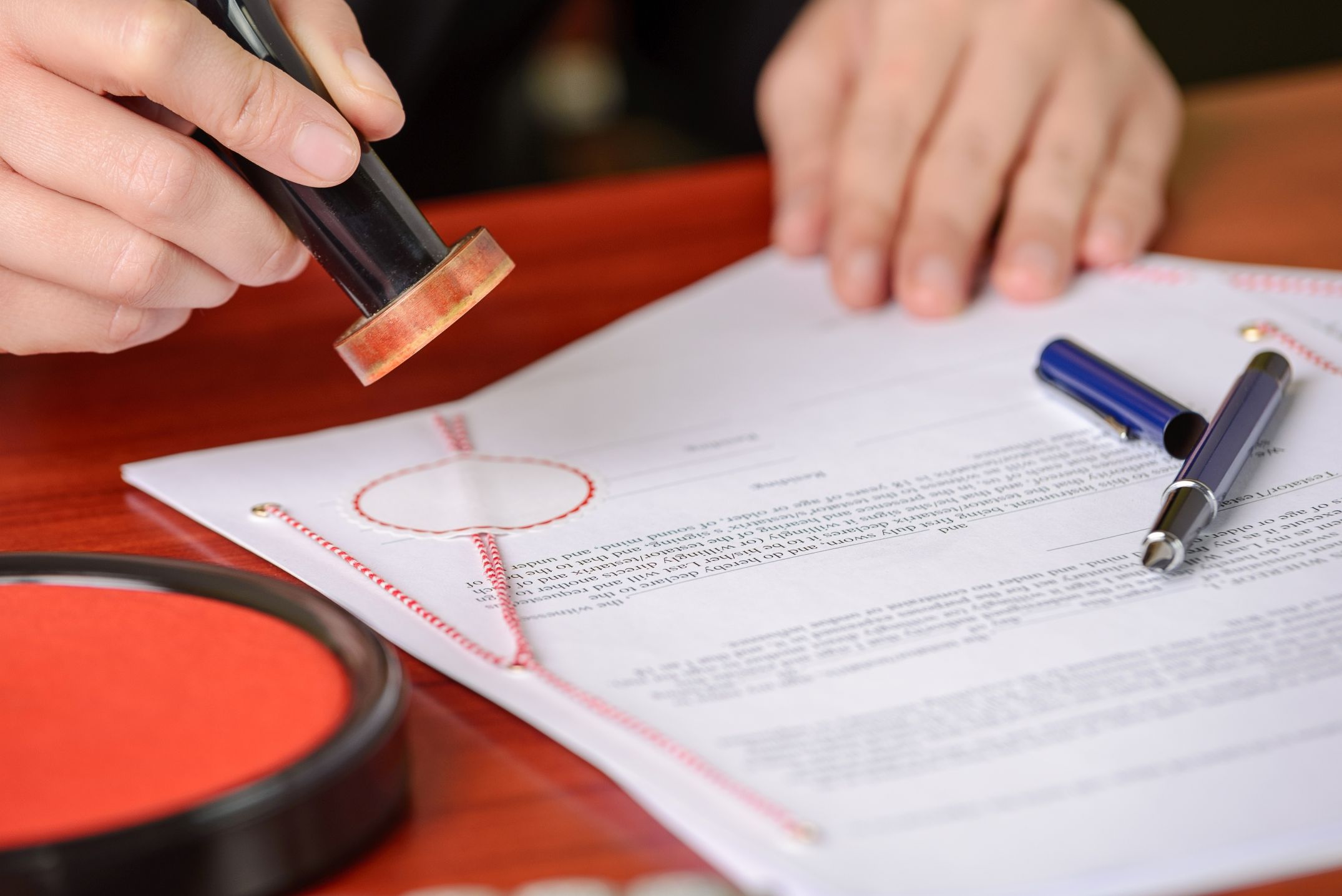What do Notaries do and how to find the best one
Ever ask yourself, what do Notaries do and how to find the best one? Notaries have the authority and power vested in them by the State to administer oaths, take acknowledgments, and perform certain duties prescribed by statute. The critical emphasis is that the notary is a public officer empowered to carry out official State activities. The notaries avoid and discourage fraud by fulfilling their essential functions.
The difference between Oaths and Acknowledgments
When a person makes a sworn declaration, either orally or in writing, he or she typically seek out a public notary. The notary is primarily responsible for the person to identify themselves satisfactorily, and the person gives a written oath. If the sworn declaration is in the form of a written document, the notary must also witness the signature of that person and will record the case in a notarial certificate in writing. Notaries sometimes skip the crucial act of administering the oath, which results in the document being ruled invalid by the court or dismissed by the receiving party.
Some contracts do not demand that the signer swears to the integrity of the document's contents. Alternatively, the signer must agree that he recognizes the document and signs or has willingly signed it to an approved individual. Again, the "authorized person" is a notary public, an officer empowered by the State to take acknowledgments. The notary is responsible for identifying the signer, making a reasonable assessment of the signer's understanding of the document and willingness to sign, and completing the required notarial certificate. In the case of an acknowledgment, the notary may or may not directly observe the signing of the document; however, by the moment the notary performs the notarization, the signer must still be personally present.
Personal Appearance in front of Notary is Required (Even when using the new Digital Remote Online Access Services)
One of the key ways a notary can avoid fraud in written transactions is to have the signer appear before the notary personally at the time of the notarization. Also, if the signer is not present, the law forbids a notary from notarizing a signature. Violating the provision for personal presence may result in a monetary loss for the claimant, resulting in a complaint against the notary, or a claim against the notary bond. Notaries had also driven astray from the law when they begged a parent, friend, or employer to do a special favor. Note, the presence requirement for each notarization is no exception, and the consequences of breaching this requirement can be catastrophic.
Complete Notarial Certificate Process
The law requires the notary to document the notarial act in written form in a certificate or declaration containing specific material. Sign a document and affix the notary seal-in fact; that is, a pointless act and is a misuse of the notary seal is never acceptable for the notary. The law specified certain information to be included in the certificate:
- Place of the notarization(venue)
- Which notarial act was performed (oath or acknowledgment)
- Attesting the personal presence before the notary
- The date of the notarial act
- Name of the person whose signature is notarized
- The type of Identification given Identification, written name, and seal of the notary
If the document lacks a notarial certificate, at the signer's direction, the notary may type or write a certificate on the document. Be very sure you are not informing the signer about the form of the notarial act required. This can be viewed as "practicing law without a license," which may lead to serious sanctions against the notary. Just clarify the difference between an oath and an acknowledgment, and let your customer decide what kind of act is required.
When not all the necessary information is found in the notarial certificate, the notary will write down the appropriate information. You'll want to ensure that your certificate is correct and complete with each notarization.
Category: Notaries Public
Business News
Popular Posts
- Universal Pursuit of Happiness - Wisdom from World Religions
- Overcoming Ego and Self-Centeredness - Lessons from World Religions
- Transcending Materialism - Spiritual Practices from World Religions
- Overcoming Prejudice and Intolerance - Guidance from Global Faiths
- How Mind Balance Can Improve the Mindsets of Employees
- Interfaith Insights by 1WorldPeace - The Top 100 Universal Beliefs in Global Spirituality
- Bridging Beliefs - Finding Common Ground in Love and Respect
- The SmartGuy Vision - A United Future Through Interfaith Love and Respect
- A Cautionary Vision - The Grim Future of a Divided World Without Love and Balance
- A Tapestry of Faiths - Exploring the Common Threads in World Religions
- Fostering Harmony Among Christianity Islam Buddhism Hinduism and Judaism
- Preparing Kids for Adulthood - 15 Vital Skills They Wont Learn in School
- Navigating Diversity - Jerusalem's Tactical Approach to Interfaith Harmony
- Clearing Mental Plaque: The Path to Enhanced Communication and Divine Connection
- Why Return to Jesus Christ and the Church
- Top 50 Ways to Live Longer
- Adventurous Romance -The Key to Enhancing Relationship Chemistry
- Pork Tenderloin with Mustard Cream Sauce
- Navigating Technology and Media for Optimal Mental Well-Being
- Understanding the Link Between Mental Health and Substance Abuse
